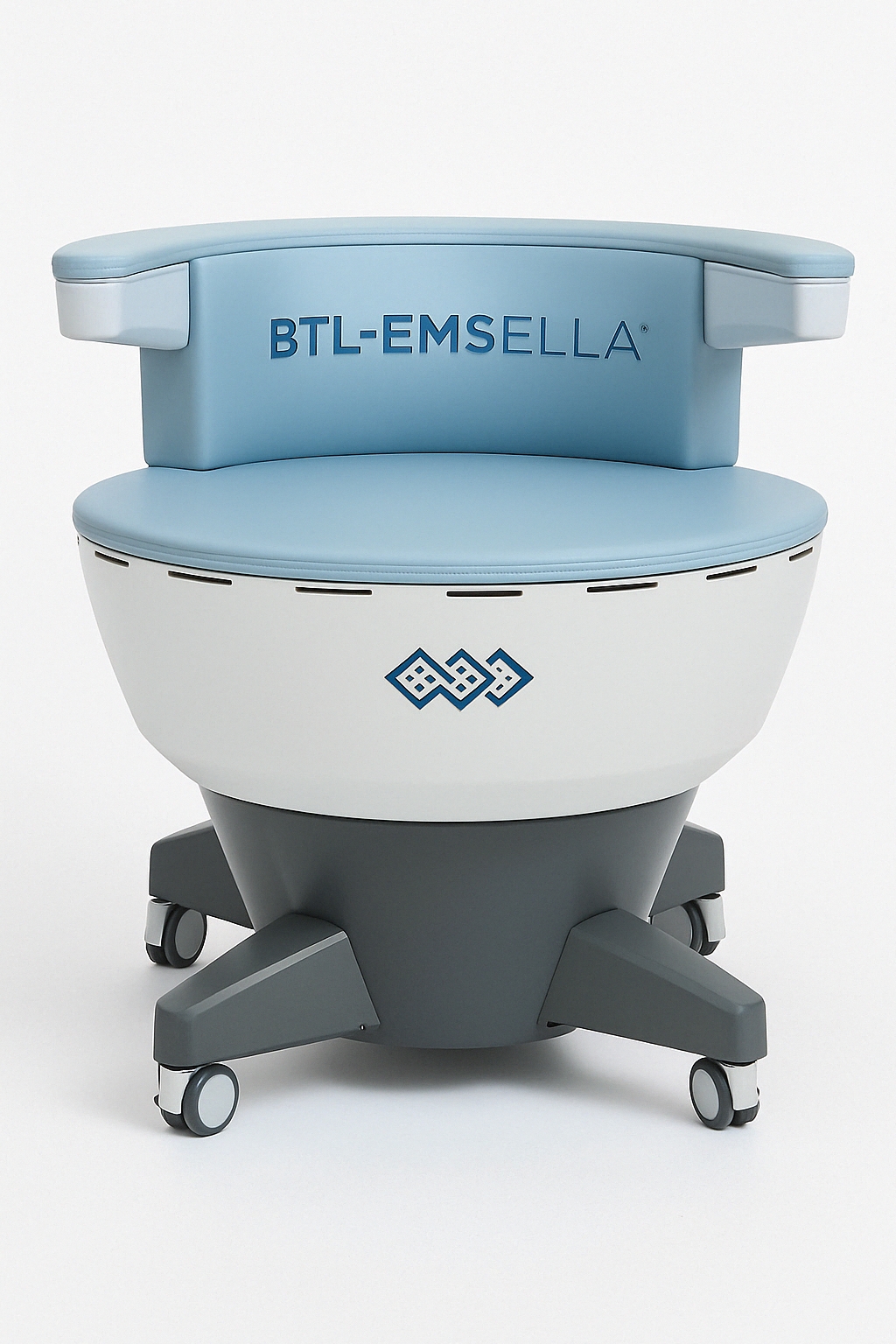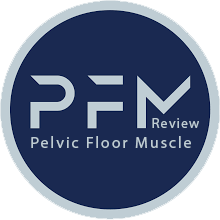Should You Buy an Emsella Chair?
Important factors to consider before investing in first-generation pelvic therapy equipment in 2025.

The Emsella Chair: FDA-Cleared First-Generation Pelvic Therapy System
Overview: 2025 Emsella Chair Buyer’s Considerations
The Emsella Chair, launched in the early 2010s, remains a recognized option for non-invasive urinary incontinence therapy. It utilizes High-Intensity Focused Electromagnetic (HIFEM) energy to stimulate supramaximal pelvic contractions without downtime or discomfort.
While Emsella continues to help many patients, newer technologies—like Freedom+ utilizing Functional Magnetic Stimulation (FMS)—have introduced dynamic protocols, deeper nerve penetration, and multi-condition versatility beyond just incontinence. Clinics evaluating equipment today often weigh current needs versus emerging growth trends.
Clinical & Economic Comparison
| Factor | Emsella | Freedom+ |
|---|---|---|
| Launch Generation | 1st Generation HIFEM | 4th Generation FMS |
| Conditions Treated | Primarily Incontinence | Incontinence, Pelvic Pain, Postpartum Rehab, Pediatrics |
| Dynamic Stimulus Control | No | Yes |
| Platform Scalability | No | Yes (Pain, Vaginal, Pediatric Add-ons) |
| Base Price (USD) | $130,000–$179,000 | $95,000–$125,000 |
| Average Break-Even ROI | 6–12 months | 3–5 months |
| FDA-Cleared | Yes | Yes |
Is Emsella Becoming Outdated?
Electromagnetic therapy is advancing rapidly. Static output devices like Emsella are being supplemented by platforms offering adaptive stimulation patterns, progressive overload modeling, and multi-domain applications for pelvic pain, chronic dysfunction, and women's health recovery.
Purchasing decisions today should align with a 5–10 year clinic growth plan—not just a snapshot of 2025. Emerging systems like Freedom+ allow providers to serve wider populations, expand indications, and future-proof revenue streams without recurring fees.
